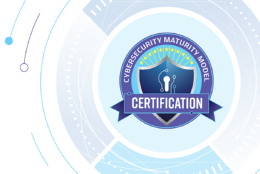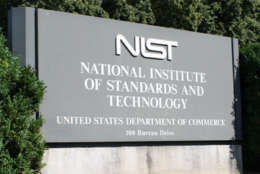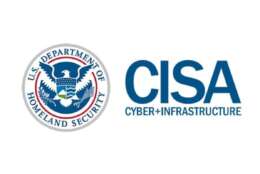Cybersecurity
-
The current cybersecurity compliance landscape may seem daunting to the average government contractor, particularly if you are in a start-up phase or of small or mid-sized stature. But by finding yourself here, you’re already taking the first step. By breaking your compliance efforts into smaller digestible chunks and by not reinventing the wheel, you are better positioning your organization for success come late 2024
May 22, 2023 -
The U.S. Patent and Trademark Office (USPTO) recently expanded a contract to improve the cybersecurity of its main databases, as well as move the agency to that all-important zero-trust architecture.
May 22, 2023 -
The recent drafts from National Institute of Standards and Technology around cybersecurity highlight important updates on where the government is moving on technology and the focus on increasing security against cyber threats.
May 18, 2023 -
Some things in life are certain. Death, taxes and, wait for it: updates to NIST cybersecurity documents.
May 18, 2023 -
Agency tech staffs must, by law and regulation, report cybersecurity breaches. But some industry surveys show that organizations do not always report breaches, because who wants their own head to roll?
May 17, 2023 -
Supply-chain cybersecurity might seem like and abstraction, until you are, say, NASA, and building new ground stations to support the multi-billion-dollar Artemis-to-Mars program.
May 11, 2023 -
The National Institute of Standards and Technology’s new draft update to Special Publication 800-171, Revision 3 takes into account a year’s worth of comments and data collection to make significant changes to the requirements.
May 10, 2023 -
During this exclusive CISO Handbook webinar, moderator Jason Miller and guest Elena Peterson, senior cyber security researcher at the Pacific Northwest National Laboratory will explore cybersecurity research and IT modernization initiatives at PNNL. In addition, moderator Justin Doubleday and guest Matt Lembright, director of federal applications at Censys, will provide an industry perspective.
May 10, 2023 -
Perhaps you have heard of CMMC, the Cybersecurity Maturity Model Certification program. Now in its 2.0 version, it is supposed to lay minimum cybersecurity standards on contractors doing business with the Defense Department.
May 10, 2023 -
The Space Hour spoke with Bill Harrod, Public Sector CTO for Ivanti.
May 09, 2023 -
It's fair to say, federal agencies will never buy commercial cloud computing services from Chinese vendors.
May 09, 2023 -
The White House seeks to narrow the growing chasm between the immense power companies like Microsoft, Amazon, Google and Oracle wield over the country’s digital fortunes and the few tools the government has to ensure their cybersecurity practices keep more than their pocketbooks in mind.
May 09, 2023 -
The self-attestation form is where the rubber meets the road in the government's push to have its software vendors follow secure development practices.
May 04, 2023 -
While federal agencies search endlessly to hire people skilled in cybersecurity, local government might have a different way. How about enlisting volunteers to help protect critical infrastructure from cyber attacks. That's the idea behind a detailed set of recommendations from the law firm McDermott Will & Emery.
May 04, 2023 -
The government is grappling with the mechanics of addressing whether their software supply chain is secure. Download our new ebook to get a snapshot from leaders at CISA, the IT Industry Council and DoD’s National Counterintelligence and Security Center into current efforts.
May 04, 2023














